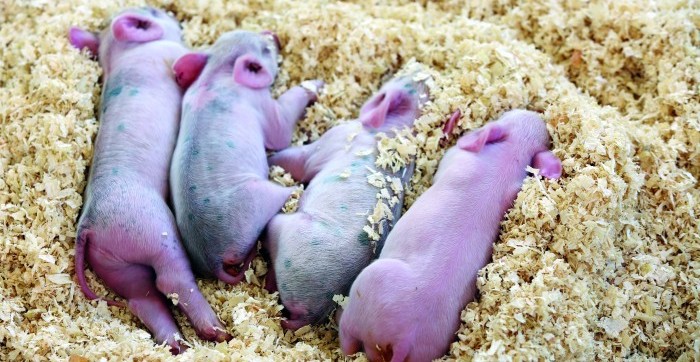Germany has extended the transition period for the prohibition of the castration of young piglets, under seven days, without anaesthetic by two years.
The practice was actually banned in 2013, but German farmers were granted a five-year transition period, which was due to end on January 1, 2019. But the industry has been granted more time after representatives argued that farmers were not ready and that anaesthetising piglets would require extra time and space and increase costs by €2 per pig.
Castration is prohibited under the Red Tractor scheme in the UK, but is routinely used in many EU member states, including Germany, to address the problem of boar taint.
A further problem has been delays in authorising the relevant anaesthetic, while some processors are reluctant to take pigs treated with immunocastration or that have not been castrated.
The Bill extending the transition period was comfortably passed with 421 votes in favour, 142 against and 87 abstentions.
The move to extend the transition period has been condemned by animal welfare campaigners, who say the practice is painful and cruel.




